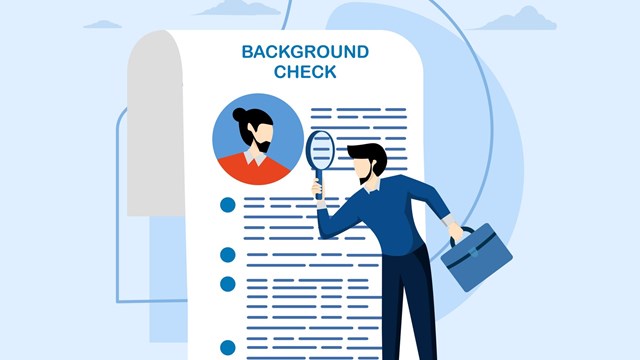I doubt our boilerplate proprietary lease specifically says that an election is open for ‘x’ amount of time, but the idea of an endless open-ended election seems legally weak to me. What are New York laws pertaining to shareholder votes?
—Worried About Election Issues
“The reader poses an interesting question which needs to be considered in the context of the organizational structure of the cooperative,” says Lisa Breier, an attorney specializing in residential and commercial real estate in New York City and managing partner and co-founder of Breier Deutschmeister Urban & Fromme, P.C. “A cooperative corporation is generally run the same as any other shareholder corporation. It must satisfy formal requirements and operate under the bylaws of the organization. The board of directors must meet regularly and attend to corporate business. Accurate minutes are kept and important business decisions are memorialized in resolutions. Most cooperative bylaws provide that the shareholders must vote on issues that effect the corporation including amendments to the rules that govern the cooperative including changes to flip tax policies.
“Directors have a duty of loyalty to the corporation and a fiduciary obligation to act in the best interests of the organization. The business judgment rule insulates the corporation’s directors when making decisions provided those decisions can be reasoned to be in the best interest of the corporation. If the actions of the board are to be reviewed for legitimacy, these actions must be considered in light of the business judgment rule whether the decisions are made at the monthly board of directors meeting or the annual shareholder meeting.
“In any corporate vote, the voting is not closed until the presiding officer announces that the meeting is adjourned. It then falls within the discretion of the inspector of election to keep the polls open beyond the specified hour and to continue accepting votes. Under New York case law unless the bylaws, corporate rules or governing statutes strictly prohibit to the contrary, votes may continue to be received after balloting has closed provided that the final results have not been officially announced. Once the final results have been announced to the shareholders, no further votes can be accepted. The reasoning being that equity weighs in favor of counting shareholder votes even if keeping the voting open was improper. Nevertheless, directors who keep voting open risk the wrath of the shareholders who can continuously and without reason change their vote. Until voting is closed, no shareholder decision is final and proponents of both sides can continue to lobby prompting the issue to potentially become a thorn in the side of the board of directors.”







Leave a Comment